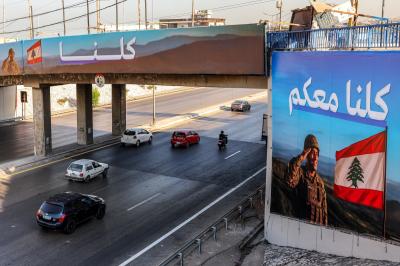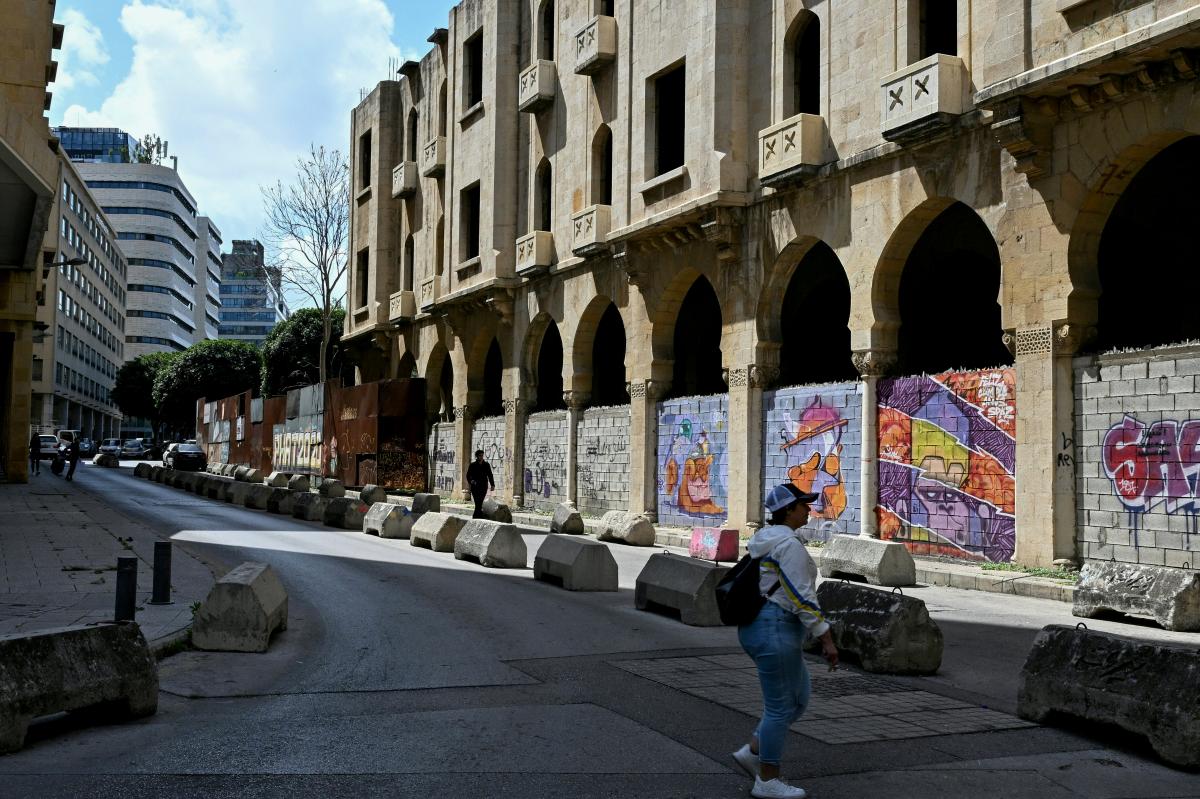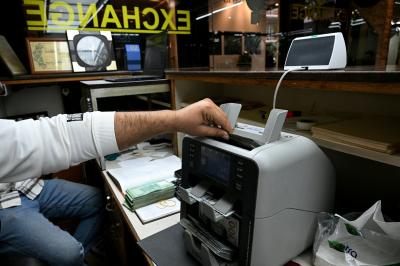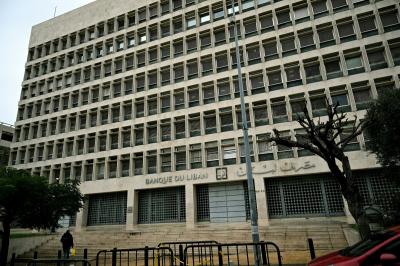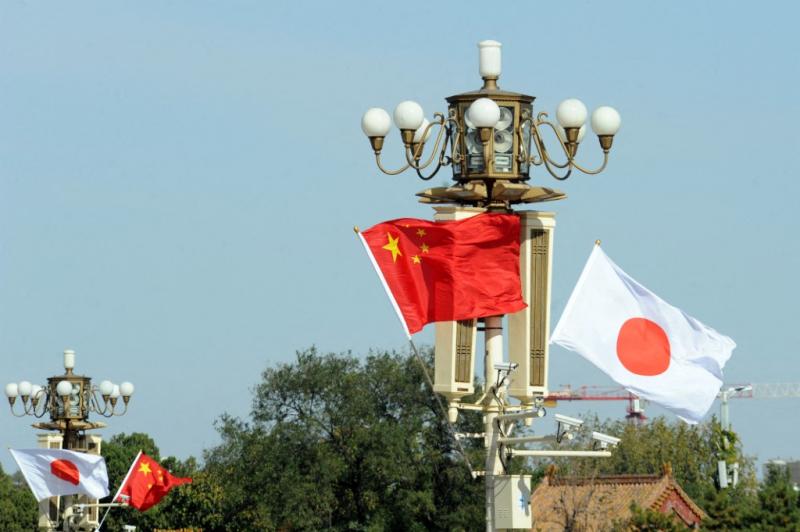In a surprising legislative sprint after years of stagnation, the Lebanese government has passed two long-delayed draft laws—one lifting banking secrecy and the other restructuring the banking sector. Though frozen in terms of enforcement, these measures serve a strategic purpose: equipping Lebanon’s delegation to the IMF and World Bank Spring Meetings with "ammunition" to revive stalled negotiations. Whether these legal "bullets" are live or blank remains to be seen.
Can Lebanon truly reconnect with the IMF after the breakdown in 2022, as the Finance Ministry seems to suggest? And does the cabinet’s endorsement of reform bills guarantee their actual implementation—or are hidden traps still in play?
Legislative Hurdles Await
For the reforms to take effect, they must first pass through parliamentary committees—namely the Finance & Budget and Administration & Justice Committees—before a general vote in Parliament. While fast-tracking is possible with the Speaker’s approval, the real challenge lies in preserving the substance of the laws. Historically, MPs have altered reform laws to shield vested interests, avoiding unpopular measures that could alienate voters or financiers ahead of elections. Even if the laws pass intact, enforcing them is another story: 18 financial reform laws previously passed remain unenforced—many key to anti-corruption and tax evasion efforts.
Resistance to Bank Restructuring Looms
Among the two laws, lifting banking secrecy may see swift passage. Bank restructuring, however, faces stiff resistance—particularly from banks themselves. Article 26 of the draft law challenges banks' long-standing narrative that the crisis is systemic, by stipulating shareholder and creditor loss absorption during liquidation. When combined with Article 3—limiting public funding for bank bailouts—a clear IMF-style hierarchy of loss emerges: first banks, then depositors, and lastly the state and central bank.
Reform Law Amendments: A Pragmatic Compromise
According to tax law and public finance expert Karim Daher, the amendments made to the bank restructuring law align with both logic and international expectations:
- It serves as a legal framework for future bank failures.
- It balances crisis management with restoring long-term financial stability.
Key amendments include:
- Delaying implementation until a broader financial recovery law is passed—an IMF-endorsed move.
- Extending protections to pension, healthcare, and military funds.
- Prioritizing small depositors.
- Mandating recapitalization via shareholders before public intervention.
- Empowering a special court to handle depositor-bank disputes.
- Capping public funds used in restructuring.
- Ensuring judicial review of banking authority decisions.
- Shifting appraisal responsibilities from banks to the central bank to avoid conflicts of interest.
Early Opposition and Bank Pushback
Pushback has already surfaced from some depositor advocacy groups—some possibly co-opted by banking interests. Sensing that the restructuring plan may hold them accountable, banks are now amplifying a counter-narrative: that IMF conditions are detrimental to depositors and that “homegrown” solutions could suffice.
Daher warns that this narrative is misleading. Promises of 6–7% GDP growth and foreign investment as alternatives to IMF support are illusions, he says, especially while Lebanon remains in the grey zone of global banking—cut off from correspondent banks and seen as a high-risk market. “Zombie banks” won’t attract investors.
The real motive behind this disinformation, he argues, is to protect those who benefited from the crisis and evade responsibility. Lawmakers may echo these views during parliamentary debates, again protecting their own interests.
The Real Test Is Yet to Come
The challenge now is to avoid being derailed by self-interested parties who want to bog down the reform process in legislative minutiae. While the reform bill isn’t perfect, it lays the groundwork for serious change.
If politicians frame resistance to IMF measures as a heroic defense of private property, they may emerge as “saviors,” while the economy pays the price.
Lebanon’s government has completed its “warm-up.” But the real race—navigating a minefield of obstacles to close the financial gap—has just begun. Will it cross the finish line?
Please post your comments on:
[email protected]
 Politics
Politics




